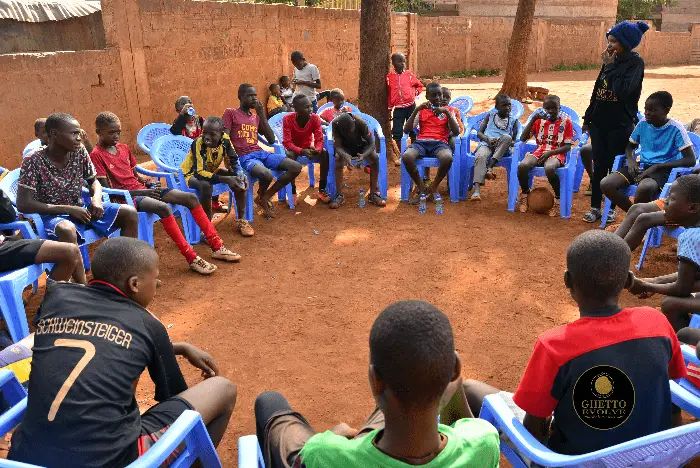- LG Electronics and Korea Food for the Hungry International (KFHI) have announced a $30,000 challenge for social enterprises solving social issues in the communities in which they reside.
- The challenge dubbed 2023 LG Ambassador Challenge seeks to promote and support the growth and self-reliance of local communities through social groups.
- LG Electronics and KFHI will award three problem-solving projects with $10,000 each that will go towards solving social issues in the communities in which they reside.
LG Electronics and Korea Food for the Hungry International (KFHI) have announced a $30,000 (Sh3.7 millon) challenge for social enterprises solving social issues in the communities in which they reside.
The challenge dubbed ‘2023 LG Ambassador Challenge’ seeks to promote and support the growth and self-reliance of local communities through their social groups.
In its third edition, this year’s challenge aims for sustainable community development by focusing on and enhancing the capacity of community members. LG Electronics and KFHI will award three problem-solving projects with $10 000 (Sh1.2 million) each that will go towards solving social issues in the communities in which they reside.
LG Electronics Corporate Marketing Manager Maureen Kemunto said, “This year and beyond, we are all about making life good and better for all not only through our products and services but also through the empowerment of the communities we serve. For this reason, LG Ambassador Challenge seeks ideas for and by the residents for them to proactively provide and implement suitable solutions to solve social problems in their communities as well as empower community members”
To ensure due process is followed once the winning projects are announced, KFHI will support and implement customized project progress and monitoring according to the location of the project screening, project community selection, and the characteristics of the selected teams (including organization, operation, and capabilities) through the competition.
For financial transparency, the winning teams will be asked to submit detailed project plans and comparative estimates for each purchased item, and the KFHI Kenya branch will approve the purchase.
Monitoring will be carried out through visits, voice and video calls, and through SMS at least 2-3 times a week. KFHI Kenya will purchase the materials and monitor each team.
Last year, three social groups, Ghetto Evolve from Nairobi, The Eagles from Limuru, and Mpookua Primary school won the second edition of the challenge with each walking away with $10,000.
The Eagles used the funds to reduce youth unemployment and improve their capacity through motorbike education while, Mpookua Primary constructed classrooms to improve the educational environment.
Ghetto Evolve on the other hand enforced the capacity of the youth by establishing an e-library for digital education.
This year’s challenge is also part of LG’s overarching vision that sees various aspects of society working together to achieve a better life for all.
Applications can be made via this link until January 26
The move comes as the country is grappling with a high unemployment rate.
According to the Kenya National Bureau of Statistics (KNBS) about 36 percent or 10.1 million of the country’s 28 million population in the workforce are out of jobs amid poverty, pointing to a growing dependency burden.
According to the data, the youth are the hardest hit by joblessness compared to their counterparts above 35 years, as 2.5 million of the 10.1 million, are actively looking for work while 7.6 million are inactive, which means they have either given up looking for work or work casual or contract jobs.
Moreover, the country’s total workforce will increase by 40.6 percent to 40.4 million by 2035, according to data from KNBS which indicates the country will add 11.7 million to the job market over a period of 15 years from 2020 despite households getting fewer children.
Nairobi will add 914,634 new job seekers by 2035, while Kiambu will add 627,260, Nakuru 615,976, Narok 465,764 and Kakamega 436,376, says the statistics agency. The five counties will contribute 26 percent of the total increase.
The data also reveals that the country’s population will increase by a net of 21.3 million people by 2045 to 70.2 million.
In 2021, Kenya created 173,000 formal jobs indicating the employment market is yet to recover the jobs lost at the peak of Covid-19 economic hardships.
On the other hand, over 500, 000 students are enrolled in university every year.

